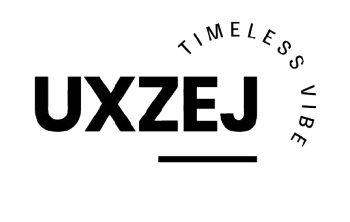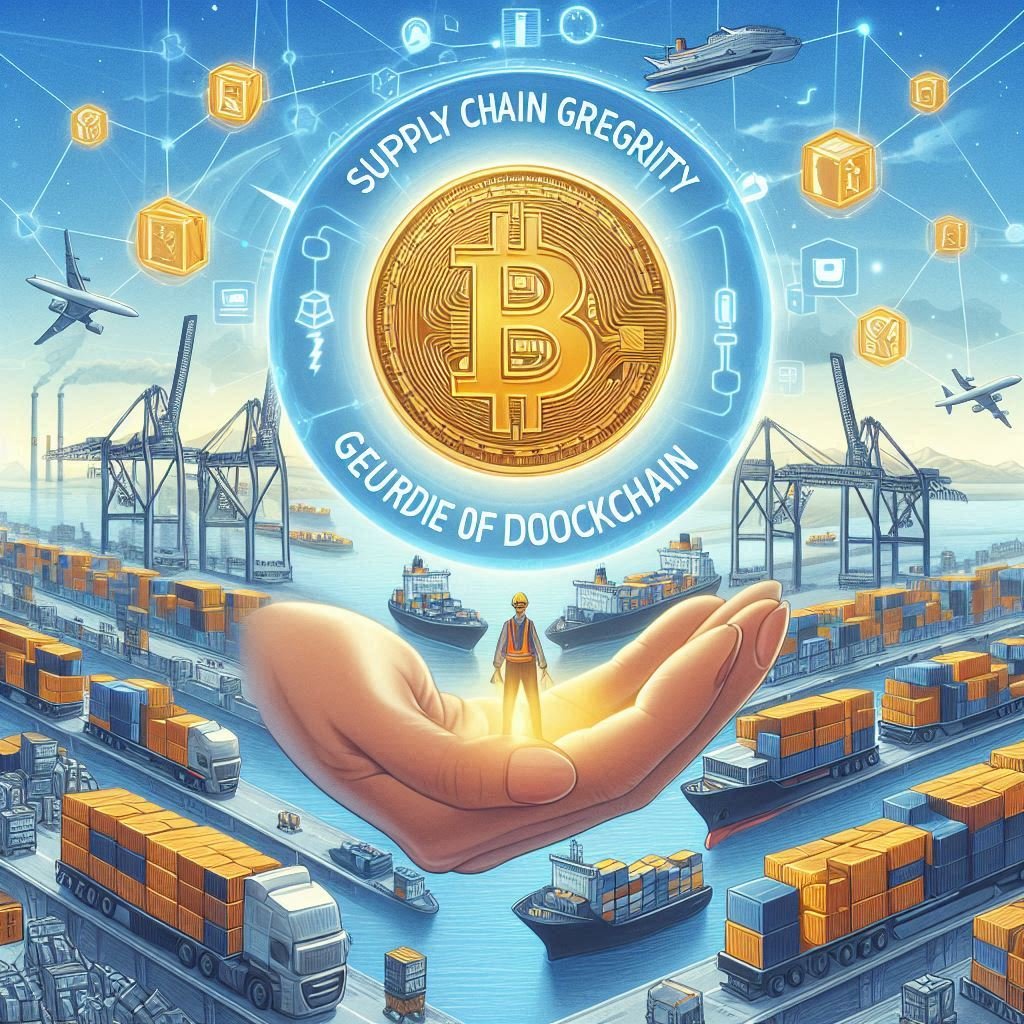Introduction
Supply chains are, in a single word, the lifeblood of organizations that connect manufacturers, providers, vendors, and clients in latest international economy. As supply chains develop bigger and extra complex, ensuring their integrity becomes increasingly difficult. Fraud, counterfeiting, and inefficiency-borne issues beset many industries and threaten no longer most effective financial balance but additionally purchaser consider. Here, blockchain technology steps in, promising transformative strength in dramatically revolutionizing supply chain control by bringing transparency, safety, and performance into play. The article explores blockchain for deliver chain integrity, discussing mechanisms, blessings, and demanding situations, and the practical programs of the same.
Understanding Blockchain Technology
The knowledge of what blockchain is and the way it works is paramount to the know-how of its implications on deliver chains. In simple terms, a blockchain is a decentralized, disbursed ledger recording transactions throughout a community of computers in this sort of way as to make statistics tampering extraordinarily difficult.
1. Decentralization
Unlike the case of traditional databases controlled by primary government, blockchains run on peer-to-peer networks, with every participant or node having a copy of the entire ledger. This makes it loose of each single factor of failure, consequently reducing the threat of tampering.
2. Immutability
Data recorded on a blockchain adjustments little or no, and converting these records calls for the revision of every next block, which in addition requires community consensus. This immutability makes the statistics steady and tamper-evidence.
3. Transparency
Blockchain gives transparency into all transactions recorded on the ledger. The contributors have gotten admission to the records, hence making the system more responsible and traceable.
4. Security
The blockchain consensus transactions are secured through cryptographic algorithms. Each block within the blockchain incorporates a hash of the preceding block, which creates a chain that cannot be changed by way of fraudsters or any unauthorized modifications.
Challenges Facing Traditional Supply Chains
Supply chains, in particular those operating throughout the globe, are marred with challenges that compromise their integrity:
1. Lack of Transparency
Traditional supply chains regularly lack transparency, making it very tough to hint the foundation or song the adventure of merchandise. This sort of opacity can also result in counterfeiting and fraud.
2. Inefficiencies
Conventional deliver chains are dependent on some of intermediaries who, in turn, keep their respective information. This units the level for delays, duplication, and additional charges.
3. Fraud/Counterfeiting
Everything from pharmaceuticals to luxury goods has been counterfeited and has, consequently, brought on extreme troubles for lots industries. These problems destroy consider and on occasion have very disastrous consequences on purchasers.
4. Data Integrity
The records within the traditional system can be effortlessly tampered with and misplaced, therefore creating gaps and mistakes within the facts.
How Blockchain Improves Supply Chain Integrity
Blockchain counters many of the problems found in conventional deliver chains due to its atypical capabilities.
1. Enhanced Transparency and Traceability
On the Blockchain network, from the starting place of a product, one could trace the motion of products in actual-time right up to the client. For every transaction or, for that rely, any movement of goods, recording is achieved at the blockchain; therefore, an immutable, and as a result transparent, history is fashioned. Such transparency assures authenticity about the great and safety standard of merchandise.
2. Improved Efficiency
Blockchain cuts out the middlemen and automates much of the recordkeeping, for this reason lowering overheads and times of administration and processing. Moreover, smart contracts—self-executing contracts which have the phrases of the settlement written without delay into lines of code—automate approaches and make certain that transactions are executed most effective while predefined conditions are satisfied, consequently in addition increasing performance.
3. Fraud Prevention and Counterfeit Detection
The inherent immutability and cryptographic safety of Blockchain make the tampering of information or the introduction of counterfeit merchandise hard for malicious actors. Every transaction is recorded and sooner or later verified by the network; hence, the threat of fraud is decreased notably.
4. Data Integrity and Accuracy
Since blockchain is decentralized, facts are assured to be constant across all nodes inside the community. This negates any inconsistencies or information errors that might emanate from centralized data management systems.
Practical Applications of Blockchain in Supply Chains
Several industries have commenced the usage of blockchain technology to enhance supply chains:
1. The Food Industry
The generation of blockchain is locating its software in the meals enterprise with the aid of tracing the journey of meals products from farms to tables. Walmart and IBM’s Food Trust Network use blockchain to trace the origin of meals items. This short identity and addressing of contamination assets are executed with blockchains.
2. Pharmaceuticals
Blockchain fights in opposition to drug counterfeiting by presenting a crystal-clear, verifiable file of every level inside the supply chain. It guarantees that medicinal drugs are actual and feature now not been tampered with.
3. Luxury Goods
Companies of luxurious products make use of blockchain which will verify luxurious items. By recording every and every transaction at the blockchain, a purchaser can verify the foundation and possession of luxurious items, lowering dangers related to counterfeit items.
4. Manufacturing
Through blockchain, producers’ paintings on streamlining the supply chain with the aid of coping with the glide of components and raw substances effectively. Minimum delay, better price economy, and optimization of all-round efficiency are accomplished hence.
Challenges and Limitations of Blockchain in Supply Chains
Despite critical blessings, blockchain isn’t always devoid of significant challenges and boundaries:
1. Scalability Issues
Blockchain networks may also face scalability troubles, which can be especially authentic for high-transaction-volume networks. The increasingly transactions come directly to the network, it has a tendency to get slower and dearer in operating.
2. Integration with Existing Systems
Integrating blockchain into supply chain structures can sometimes be pretty complicated and costly. A lot of organizations have antique legacy structures that might not move hand in glove with blockchain technology.
3. Data Privacy
All information is completely transparent at the blockchain, which also can boost worries concerning information privacy. For that very motive, it turns into very important to balance entire transparency with the protection of touchy statistics.
4. Regulatory and Legal Issues
For this new generation surrounding blockchain, regulation and legalization are still in the improvement stage. A corporation desires to go through numerous distinctive guidelines and compliance requirements that could exchange with one-of-a-kind regions and industries.
The Future of Blockchain in Supply Chains
The capability of blockchain changing deliver chain control is widespread. Some of the traits that could shape its destiny influence, as generation advances, can be enlisted as follows:
1. Increased Adoption
More industries and organizations might be adopting blockchain generation as its blessings come to be extensively diagnosed, and implementation turns into greater sincere.
2. Improved Interoperability
Interoperability between diverse blockchain networks and existing structures may be more advantageous, furthering the performance and simplicity of integrating the era.
3. Enhanced Privacy Solutions
Innovations in privateness answers, consisting of zero-expertise proofs, may be developed to remedy issues of statistics privacy without compromising on the transparency and integrity of the blockchain.
4. Clarity on Regulatory Frames
With time, as the regulatory frameworks get more described, how a way an enterprise can go together with blockchain becomes clearer, hence decreasing criminal and compliance risks.
Conclusion
Blockchain technology has large capability for improving deliver chain integrity in terms of visibility, efficiency, and security. Its monitoring and verification of every step involved with the deliver chain resolve most of the loopholes existing with the traditional device, proper from fraud and counterfeiting to inefficiency and statistics inaccuracy. While challenges and shortcomings continue to be to be conquer, the tempo at which blockchain is improving and being placed into practice throughout industries indicates promise for a future wherein supply chains are more stable, transparent, and effective than ever earlier than. The complete fee of this transformational generation in ensuring supply chain integrity will more and more be realized as companies retain to explore and implement blockchain answers.

